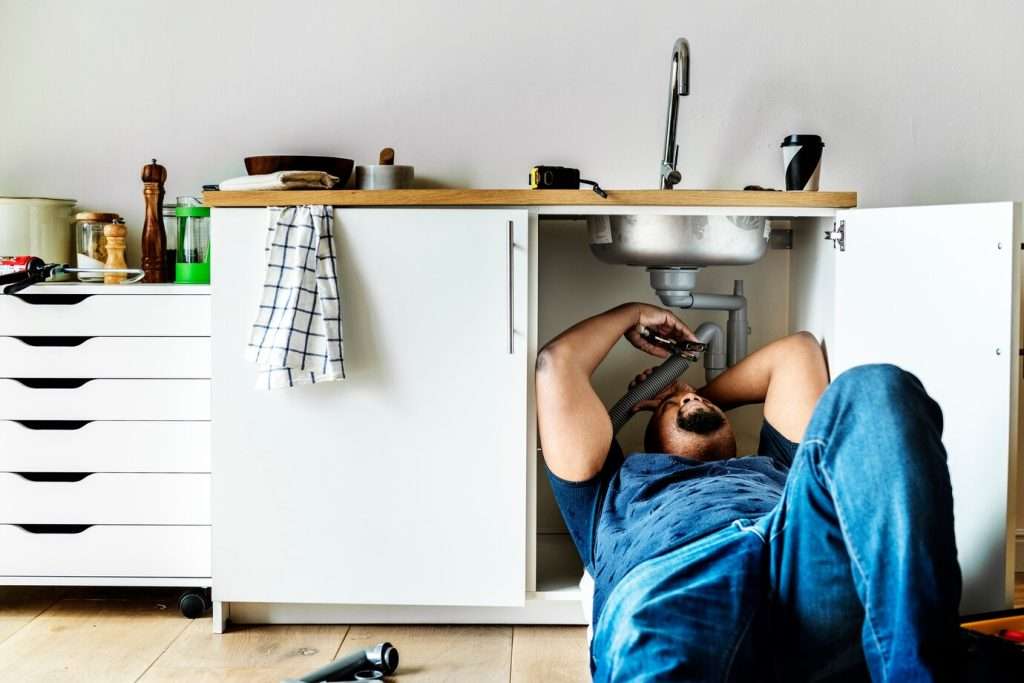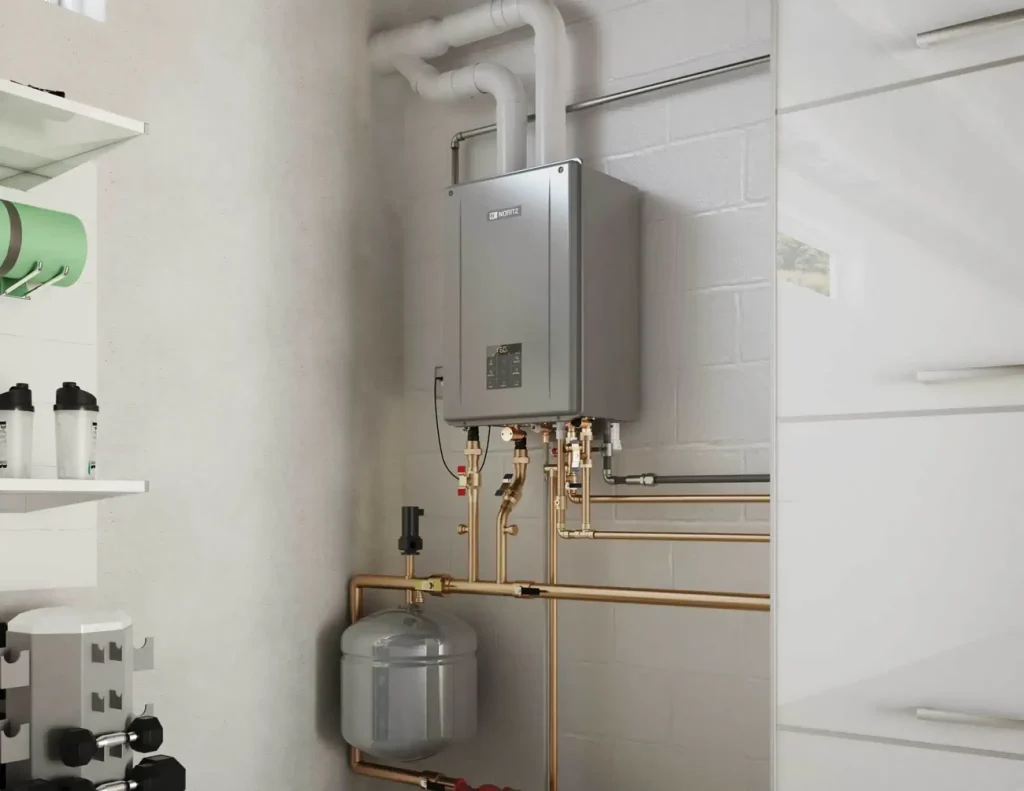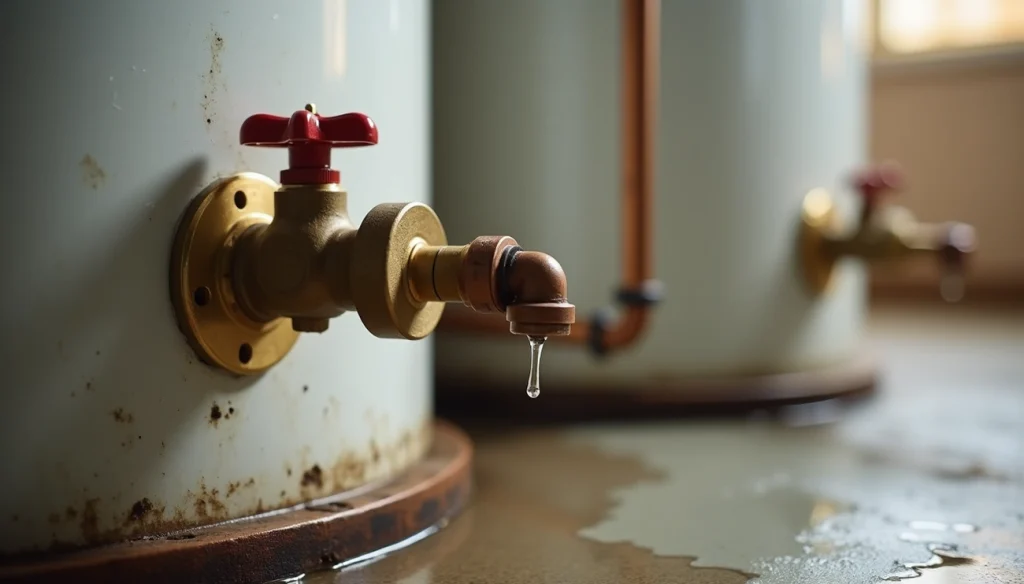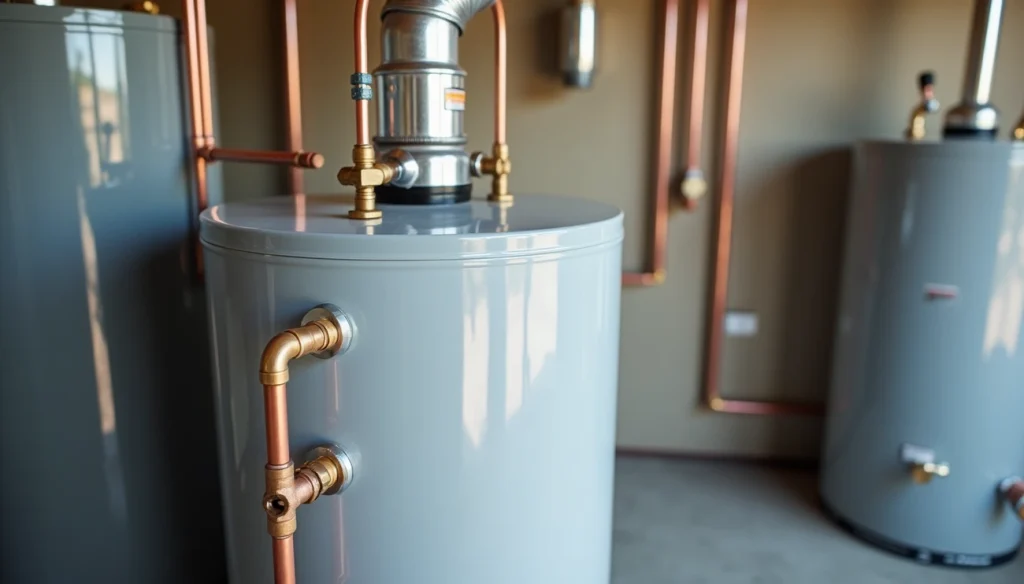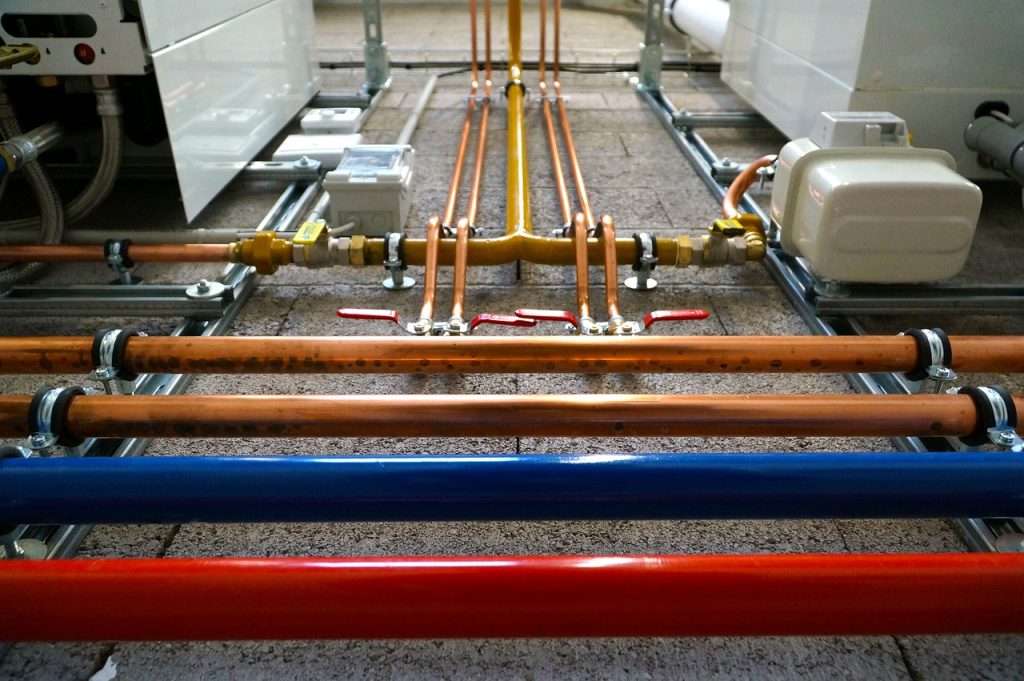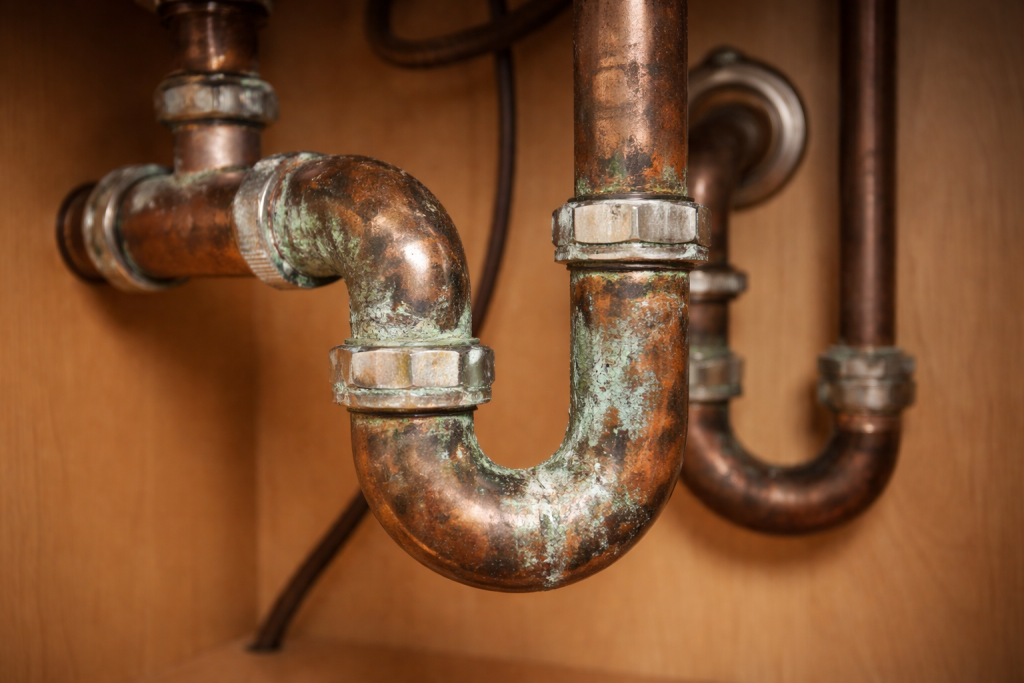Water filtration is essential for ensuring the quality and safety of drinking water. With various contaminants potentially present in tap water, selecting the right water filter can significantly improve the taste, odor, and overall safety of your household water.
Let’s have a look at 10 different types of water filters available, their functionalities, and their applications to help you make an informed decision.
Activated Carbon Filters
Activated carbon filters are among the most common water filtration systems. These filters use carbon to absorb contaminants from water.
Activated carbon is highly effective at removing chlorine, volatile organic compounds (VOCs), and improving the taste and odor of water. The carbon’s porous structure provides a large surface area to trap and neutralize impurities.
These filters are versatile and can be found in various forms, including pitcher filters, under-sink filters, and faucet-mounted filters. They are an excellent choice for improving the taste and quality of drinking water.
Reverse Osmosis (RO) Systems
Reverse osmosis systems use a semi-permeable membrane to remove a wide range of contaminants from water. RO systems are highly effective at removing minerals, salts, bacteria, and chemicals from water.
The process involves forcing water through a membrane that filters out impurities, resulting in nearly pure water. However, this process also removes essential minerals, which is why some RO systems include a remineralization stage to add them back in.
RO systems are typically installed under the sink but can also be part of whole-house filtration systems. They are ideal for households needing comprehensive filtration to remove various contaminants.
Ultraviolet (UV) Filters
UV filters use ultraviolet light to kill bacteria, viruses, and other microorganisms in water. UV filters are excellent for sterilizing water without adding chemicals or altering the taste.
They work by exposing water to UV light, which destroys the DNA of microorganisms, rendering them harmless. However, UV filters do not remove sediment, chemicals, or heavy metals, so they are often used in conjunction with other filtration methods.
UV filters are commonly used as a final stage in multi-stage filtration systems, ensuring that any bacteria or viruses present in the water are eliminated.
Ion Exchange Filters
Ion exchange filters remove unwanted ions from water by replacing them with less harmful ions. These filters are particularly effective for water softening, as they can remove calcium and magnesium ions that cause water hardness and replace them with sodium or potassium ions.
This process not only softens the water but also helps prevent scale buildup in pipes and appliances. Ion exchange filters are commonly used in whole-house systems and water softeners.
They are beneficial for households with hard water issues, improving the efficiency of soaps and detergents and extending the lifespan of appliances.
Ceramic Filters
Ceramic filters use a porous ceramic material to filter out bacteria and sediment from water. The ceramic material has tiny pores that allow water to pass through while trapping bacteria, protozoa, and sediment.
Ceramic filters are effective at removing pathogens and are often used in portable water filters and countertop systems. These filters are ideal for situations where biological contamination is a concern, such as camping or emergency preparedness.
They do not remove chemicals or heavy metals, so they are often used in combination with other filtration methods.
Ultrafiltration (UF)
Ultrafiltration uses a membrane similar to RO but with larger pore sizes. UF filters remove bacteria, viruses, and larger particles from water. The process involves forcing water through a membrane with pores small enough to block contaminants but large enough to allow water molecules to pass through.
UF systems do not remove dissolved salts and minerals. UF systems are used in both under-sink and whole-house filtration systems. They are a good alternative to RO systems when mineral retention is desired.
Gravity Filters
Gravity filters rely on gravity to pass water through the filter media. These filters are simple and portable, using gravity to draw water through the filter medium. They are effective at removing pathogens and sediment and are commonly used in portable water filters and emergency water purification systems.
Gravity filters are popular for camping, travel, and emergency preparedness. They are easy to use and do not require electricity or complex installation.
Water Softeners
Water softeners specifically address water hardness by removing minerals that cause scale buildup. Water softeners use ion exchange to replace calcium and magnesium ions with sodium or potassium ions. This process softens the water, preventing scale buildup and making it more compatible with soaps and detergents.
Water softeners are typically installed as whole-house systems, providing soft water for all household uses. They are particularly beneficial in areas with very hard water.
Distillation Filters
Distillation involves boiling water and then condensing the steam back into water. This process removes most contaminants, including heavy metals, minerals, and chemicals. Distillation effectively purifies water but can be slow and energy-intensive.
Distillation filters are used in countertop units and standalone systems. They are ideal for producing highly purified water, particularly in areas with significant contamination issues.
Infrared Filters
Infrared filters use heat and light to treat water, softening it and providing antibacterial properties. These filters treat water by negatively charging hard water particles, making the water feel softer and more suitable for drinking and bathing. Infrared filters are often used in combination with other filtration methods.
Infrared filters are typically used in shower filters and under-sink systems, providing benefits such as softer water and antibacterial effects.
Choosing the Right Filter
When choosing a water filter, consider the following factors:
- Test your water to identify specific contaminants that need to be removed.
- Determine whether you need filtration for drinking water, whole-house use, or specific applications like removing hardness.
- Consider the initial cost, maintenance expenses, and replacement filter costs.
- Understand the maintenance requirements and lifespan of the filters.
Final Verdict
Investing in the right water filtration system can significantly improve the quality of your home’s water. Whether you’re dealing with hard water, contaminants, or just want better-tasting water, there is a solution that fits your needs. By understanding the different types of water filters and their specific applications, you can ensure your water is safe and clean.
For expert advice and installation services, visit Western Rooter & Plumbing. Our team is ready to help you select and install the best water filtration system for your home.




